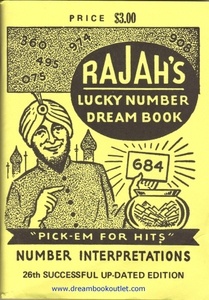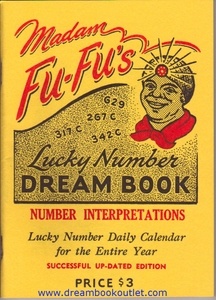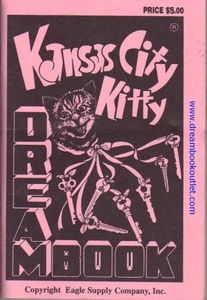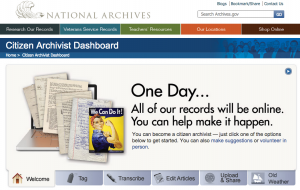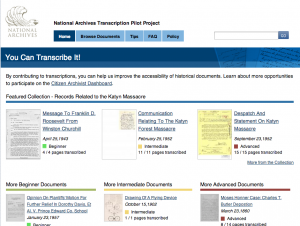As an academic researcher, teacher and writer in Religious Studies with an avid interest in comparative magic, I earnestly embrace the concept of co-creation.
My goal for this weekend is to come away with a working knowledge of digital humanities fundamentals. I thought it might be useful to propose a session for those of us who are new to the field, in which expertise and knowledge is shared so as to create a toolkit of essentials for use in our research, teaching and writing. My interests are very specific: I am building a new project, and I want to know, step by step, piece by piece, how to proceed. Here are my building materials.
These items are images of Dreambooks. The actual books are held publicly in various library collections and some are in my personal collection. Dreambooks are a kind of text from the African American magical tradition known as Hoodoo. Their main function is to increase gambling luck, so they may be considered magical objects, as well as sacred books. With alphabetical lists of objects and situations found in dreams, their interpretations, and an arcane numerological system of prediction, Hoodoo dreambooks, which originated in late nineteenth century America, came into prominence for playing policy, an illegal (and now obsolete) lottery once popular in urban African American communities. They are significant in that they provide a lens into a kind of indigenous magical tradition in the United States that can be dated, located, and followed over time, and they provide insights into culture-specific interpretations of local and folklorized forms of metaphysical practices and ideas.
(As with many things magical, I have found, they also work.)
My question: how might I turn these materials into a dh project? Should I build an archive of these books? How should I treat the texts? How might I organize them? What can be gleaned from these materials so as to create a viable, academic, publishable project? Where do I begin? What do I need to know? And most importantly, before venturing out into a project like this, what are the most important tools that I need to possess?

